Comprehensive Guide on How to Manage Stress Understanding Causes Symptoms Precautions and Treatments
Recent Blog
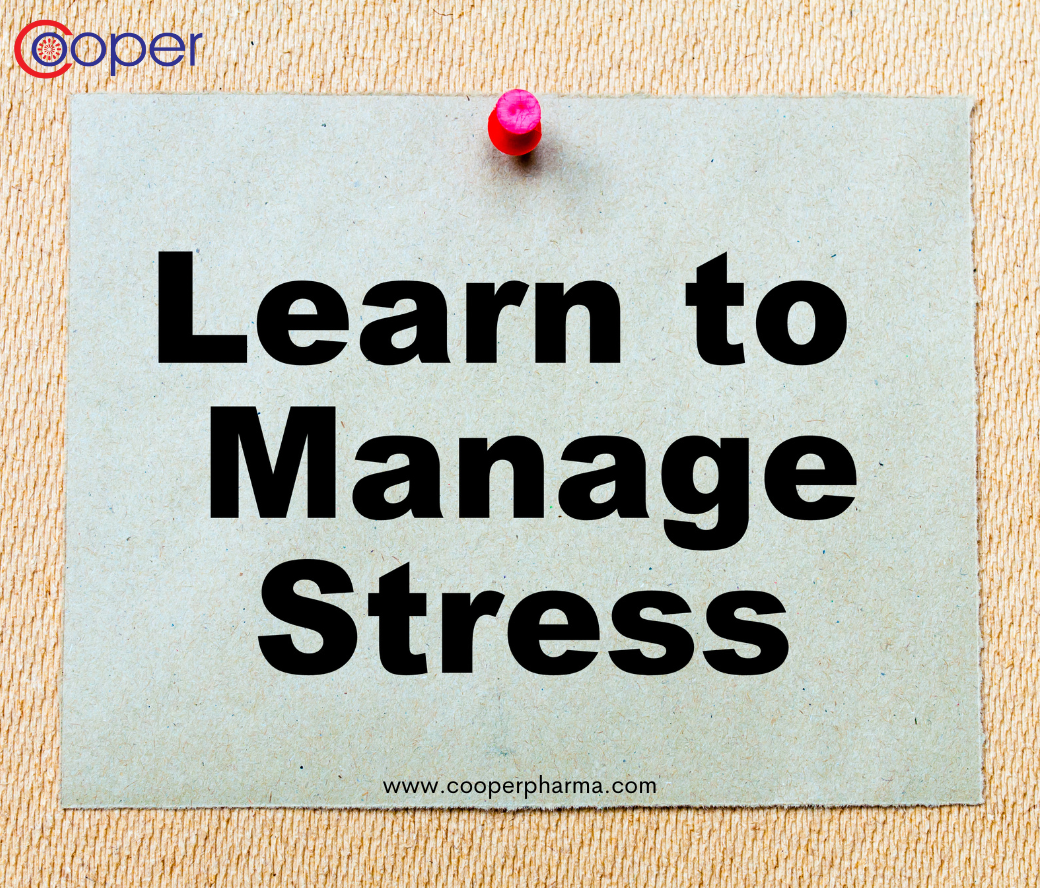
Comprehensive Guide on How to Manage Stress Understanding Causes Symptoms Precautions and Treatments
Date:- 2023-08-11 07:08:47
In the fast-paced world we live in today, stress has become an inevitable part of our lives. From work pressures to personal challenges, stress can manifest in various forms and impact our physical, mental, and emotional well-being. Understanding how to manage stress is essential for maintaining a balanced and healthy lifestyle. This comprehensive guide explores the different aspects of stress, including its causes, symptoms, management techniques, precautions, and available treatments.
Understanding Stress
Stress is the body's natural response to demands or threats, both real and perceived. It triggers the release of stress hormones like cortisol and adrenaline, preparing the body for a "fight or flight" response. While some stress can be beneficial, chronic stress can have detrimental effects on overall health.
Causes of Stress: Stress can stem from various sources, including:
-
Work-Related Pressures: Work-related pressures are one of the most common sources of stress. They can include:
- Deadlines: The pressure to meet tight deadlines can create a sense of urgency and stress.
- Excessive Workload: Having an overwhelming amount of tasks and responsibilities can lead to stress.
- Conflicts: Workplace conflicts with colleagues, superiors, or subordinates can contribute to stress.
- Job Insecurity: Fear of job loss or uncertainty about employment stability can be a significant stressor.
-
Personal Life Challenges: Personal life challenges can significantly impact our stress levels. These challenges encompass:
- Relationship Issues: Struggles within relationships, whether romantic, familial, or social, can cause stress.
- Financial Difficulties: Worries about money, debt, and financial instability can lead to chronic stress.
- Family Responsibilities: Balancing the demands of family life, caregiving, and parenting can be stressful.
- Major Life Changes: Significant life events such as moving, divorce, or loss of a loved one can trigger stress.
-
Environmental Factors: External environmental factors can contribute to stress. These include:
- Noise: Constant exposure to loud noise, whether at work or home, can lead to heightened stress levels.
- Pollution: Poor air quality and environmental pollution have been linked to increased stress.
- Overcrowding: Living or working in crowded spaces can lead to feelings of discomfort and stress.
- Other External Stressors: Factors like traffic, commuting, and city living can contribute to stress.
-
Health Concerns: Health-related stressors are often underestimated but can have a profound impact on well-being:
- Chronic Illnesses: Dealing with long-term health conditions and their management can be stressful.
- Medical Treatments: The process of undergoing medical procedures, surgeries, or treatments can cause stress.
- Health-Related Worries: Anxiety about one's health, potential illnesses, or future well-being can contribute to stress.
Symptoms of Stress: Stress can manifest in physical, emotional, and behavioral symptoms, such as:
1. Physical Symptoms: like -
- Headaches: Stress can cause tension in the muscles of the head and neck, leading to headaches. These headaches can range from mild to severe and may be accompanied by a sensation of pressure or tightness.
- Muscle Tension: Stress can cause muscle tension and tightness, often felt in the neck, shoulders, and back. Prolonged muscle tension can result in discomfort and even pain.
- Fatigue: Chronic stress can drain your energy and lead to persistent fatigue, making it difficult to perform daily activities. You might feel physically exhausted despite getting sufficient rest.
- Sleep Disturbances: Stress can interfere with sleep patterns, leading to difficulties falling asleep, staying asleep, or experiencing restful sleep. Insomnia and restless nights are common.
- Gastrointestinal Issues: Stress can impact the digestive system, leading to symptoms like stomachaches, indigestion, bloating, or changes in bowel habits. Some people may even experience irritable bowel syndrome (IBS) flare-ups.
2. Emotional Symptoms: like -
- Anxiety: Stress often triggers feelings of excessive worry, nervousness, or unease. You might constantly anticipate potential threats or negative outcomes.
- Irritability: Increased stress levels can make you more irritable or prone to moodiness. You might find yourself reacting more strongly to minor annoyances.
- Mood Swings: Stress can lead to rapid shifts in emotions, causing you to feel happy one moment and overwhelmed the next. These fluctuations can be emotionally taxing.
- Sadness: Prolonged stress may contribute to feelings of sadness or even lead to symptoms of depression. You might lose interest in activities you once enjoyed.
- Difficulty Concentrating: Stress can impair your ability to focus and concentrate on tasks. You may find it challenging to think clearly or make decisions
3. Behavioral Symptoms: like -
- Social Withdrawal: When stressed, you might withdraw from social interactions and isolate yourself from others. This withdrawal can lead to feelings of loneliness.
- Changes in Appetite: Stress can affect your appetite, leading to either overeating or loss of appetite. Some people may turn to comfort foods as a way to cope.
- Increased Substance Use: Stress might lead to an increased consumption of substances like alcohol, tobacco, or caffeine. These substances are often used as a way to cope with stress temporarily.
- Restlessness: Stress can create a sense of restlessness or an inability to relax. You might constantly feel on edge or like you need to be doing something.
Management and Precautions: Effective stress management involves adopting healthy coping mechanisms and lifestyle changes:
-
Time Management: Prioritizing tasks and setting realistic goals can help you stay organized and focused. By breaking larger tasks into smaller, manageable steps, you can prevent feeling overwhelmed. Avoid overcommitting yourself by learning to say no when necessary. Creating a daily or weekly schedule can help you allocate time to different tasks and responsibilities.
-
Healthy Lifestyle: Engaging in a healthy lifestyle plays a significant role in managing stress. Regular exercise helps release endorphins, which are natural mood lifters. Maintaining a balanced diet rich in nutrients provides your body with the energy it needs to function optimally. Adequate sleep is crucial for both physical and mental well-being, so aim for 7-9 hours of quality sleep each night.
-
Relaxation Techniques: Practicing relaxation techniques can calm your mind and reduce stress. Deep breathing exercises help activate the body's relaxation response, lowering heart rate and promoting a sense of calm. Meditation encourages mindfulness and can help you detach from stressors. Yoga combines physical movement with deep breathing, promoting relaxation and flexibility. Progressive muscle relaxation involves tensing and then relaxing different muscle groups to release physical tension.
-
Social Support: Connecting with friends, family, or support groups provides an outlet for sharing feelings and experiences. Talking about your stressors can offer emotional relief and help put things into perspective. Building a strong support network can provide comfort and a sense of belonging.
-
Time for Hobbies: Engaging in activities you enjoy, whether it's a hobby, creative pursuit, or leisurely pastime, helps divert your focus from stress. Doing things you love can be a source of joy and relaxation, allowing you to recharge and rejuvenate.
-
Setting Boundaries: Learning to say no when necessary and establishing clear boundaries is essential for preventing stress from accumulating. It's okay to decline additional tasks or commitments if they exceed your capacity. Setting boundaries helps you manage your time and energy more effectively.
-
Mindfulness: Mindfulness involves focusing your attention on the present moment without judgment. By practicing mindfulness, you can reduce rumination about the past or worries about the future. Mindfulness techniques, such as mindful breathing or body scans, can help you stay grounded and alleviate anxiety.
Treatment Options: When stress becomes overwhelming, seeking professional help is crucial. Treatment options include:
-
Counseling and Therapy:
- Cognitive-Behavioral Therapy (CBT): CBT is a widely used therapeutic approach that helps individuals identify and modify negative thought patterns and behaviors. A trained therapist works with you to challenge and reframe stressful thoughts, teaching you effective coping strategies.
- Talk Therapy: This involves one-on-one conversations with a therapist. It provides a safe space to express feelings, thoughts, and concerns. The therapist offers guidance, validation, and support, helping you develop healthier ways of managing stress.
- Stress Management Workshops: These workshops provide education and practical tools to manage stress. They often cover relaxation techniques, time management skills, and methods for coping with challenging situations.
-
Medication:
- Antidepressants: Doctors may prescribe antidepressants to individuals experiencing severe stress that is also accompanied by symptoms of depression. These medications can help regulate mood and reduce anxiety.
- Anti-Anxiety Medications: These medications are prescribed for short-term relief from intense anxiety or panic symptoms. They are not typically recommended as the first line of treatment, but they can be helpful in specific cases.
-
Mind-Body Techniques:
- Biofeedback: Biofeedback involves using electronic monitoring to gain awareness and control over physiological processes such as heart rate, muscle tension, and breathing. Learning to regulate these functions can help reduce stress.
- Acupuncture: An ancient Chinese practice, acupuncture involves inserting thin needles into specific points on the body. It is believed to stimulate energy flow and promote relaxation, potentially reducing stress.
- Aromatherapy: Aromatherapy utilizes the inhalation of essential oils to promote relaxation and emotional well-being. Certain scents can have a calming effect and help manage stress.
-
Lifestyle Changes:
- Routine Adjustments: Creating a structured daily routine can provide a sense of stability and control, reducing stress. Setting aside time for relaxation, exercise, and hobbies is important.
- Environmental Changes: Making adjustments to your physical environment, such as reducing clutter or creating a peaceful space, can contribute to a less stressful atmosphere.
- Relationship Enhancement: Building and maintaining supportive relationships can provide emotional comfort and help alleviate stress. Open communication and spending quality time with loved ones are important.
- Healthy Habits: Engaging in regular physical activity, maintaining a balanced diet, getting sufficient sleep, and avoiding excessive caffeine or alcohol intake contribute to overall stress reduction.
Conclusion
Managing stress is a continuous journey that requires self-awareness, effort, and commitment. By understanding the causes, recognizing symptoms, and implementing effective management techniques, you can lead a healthier and more balanced life. Remember that seeking help is a sign of strength, and there are various resources available to support you on your path to managing stress and improving your overall well-being.

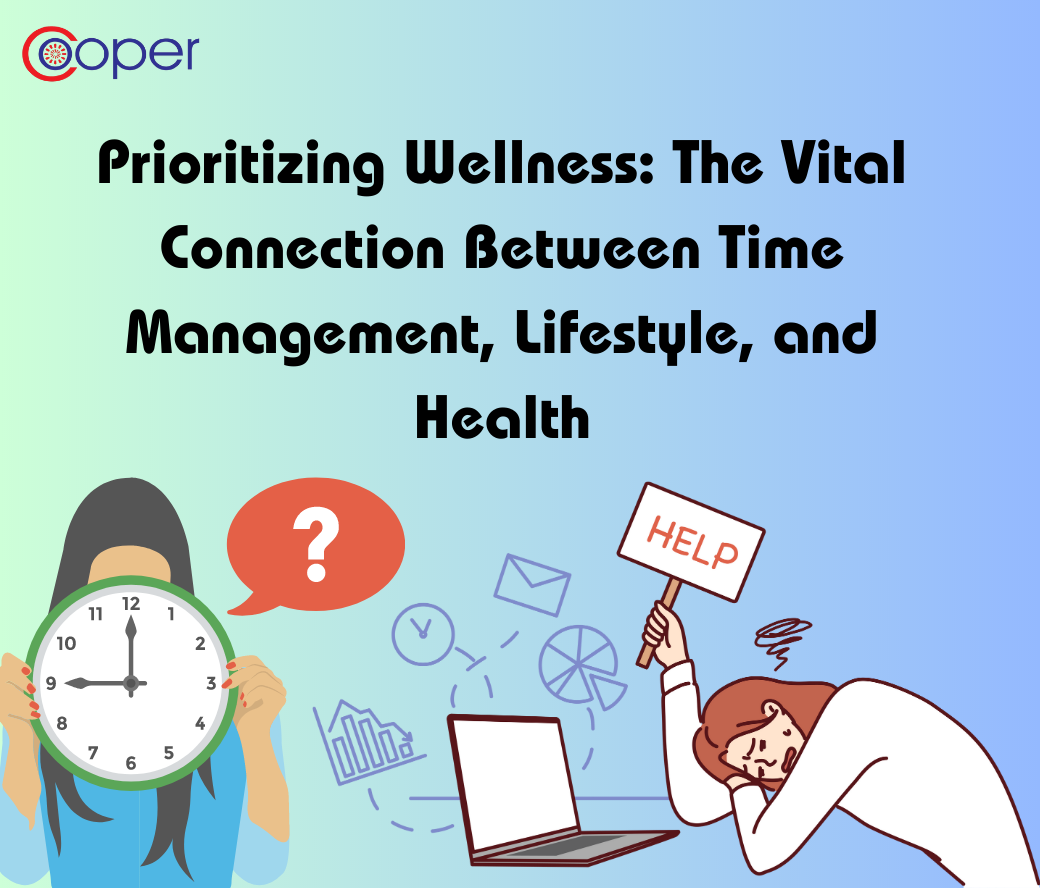
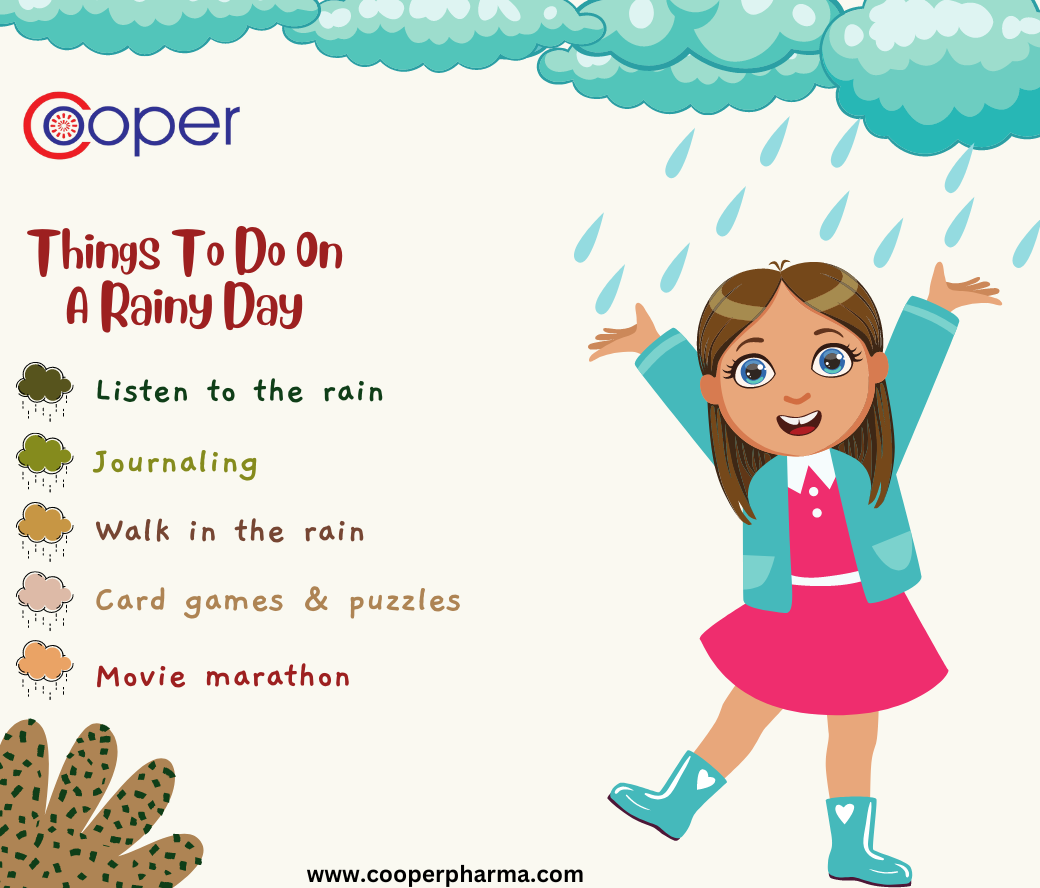


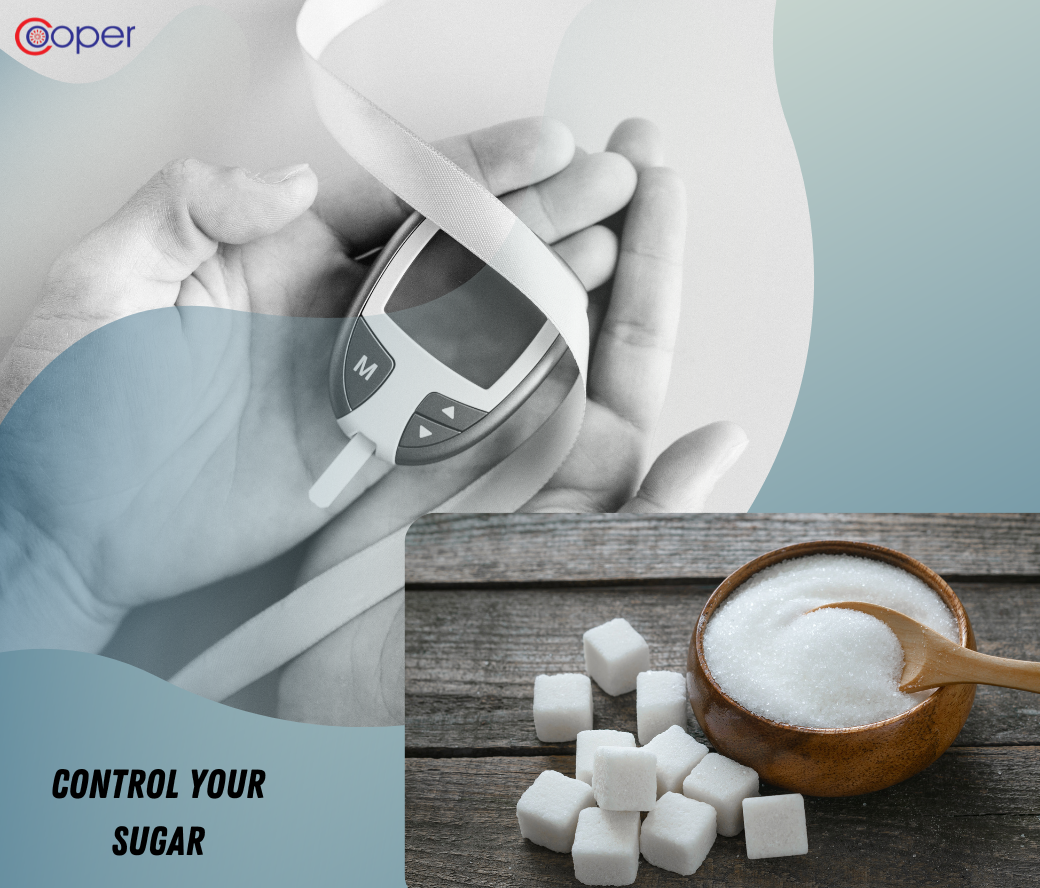




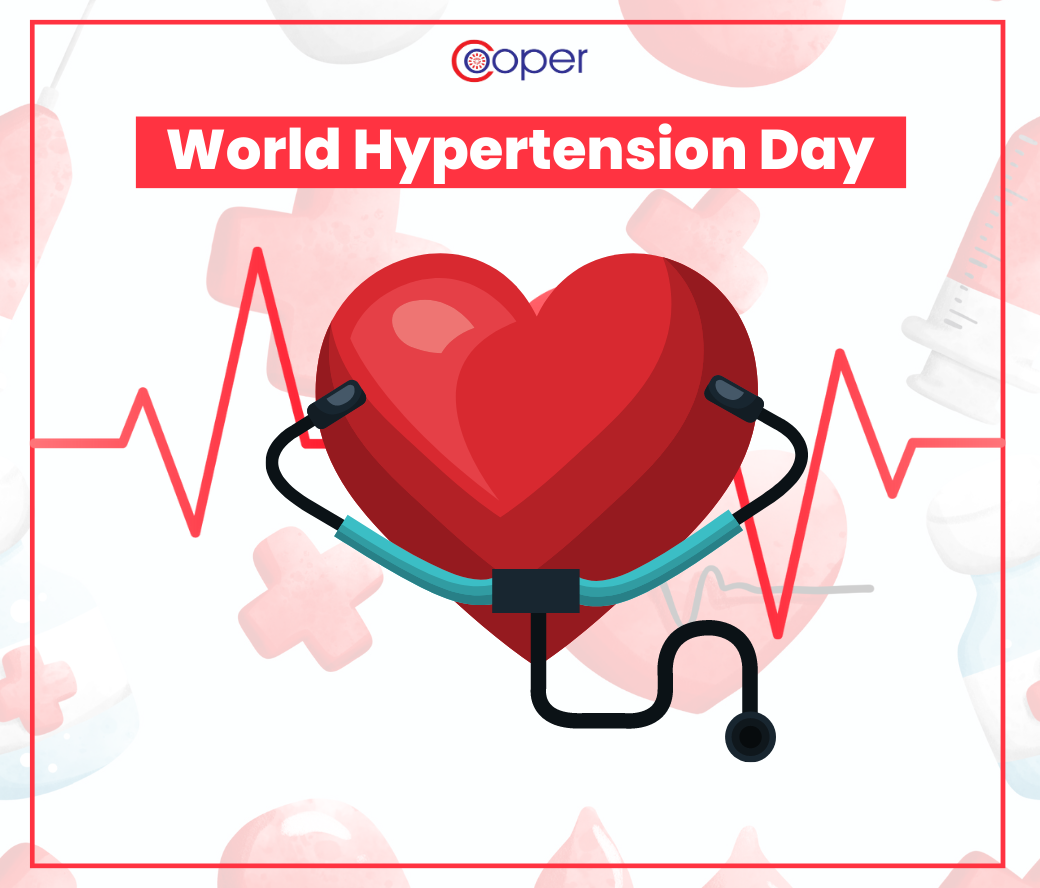
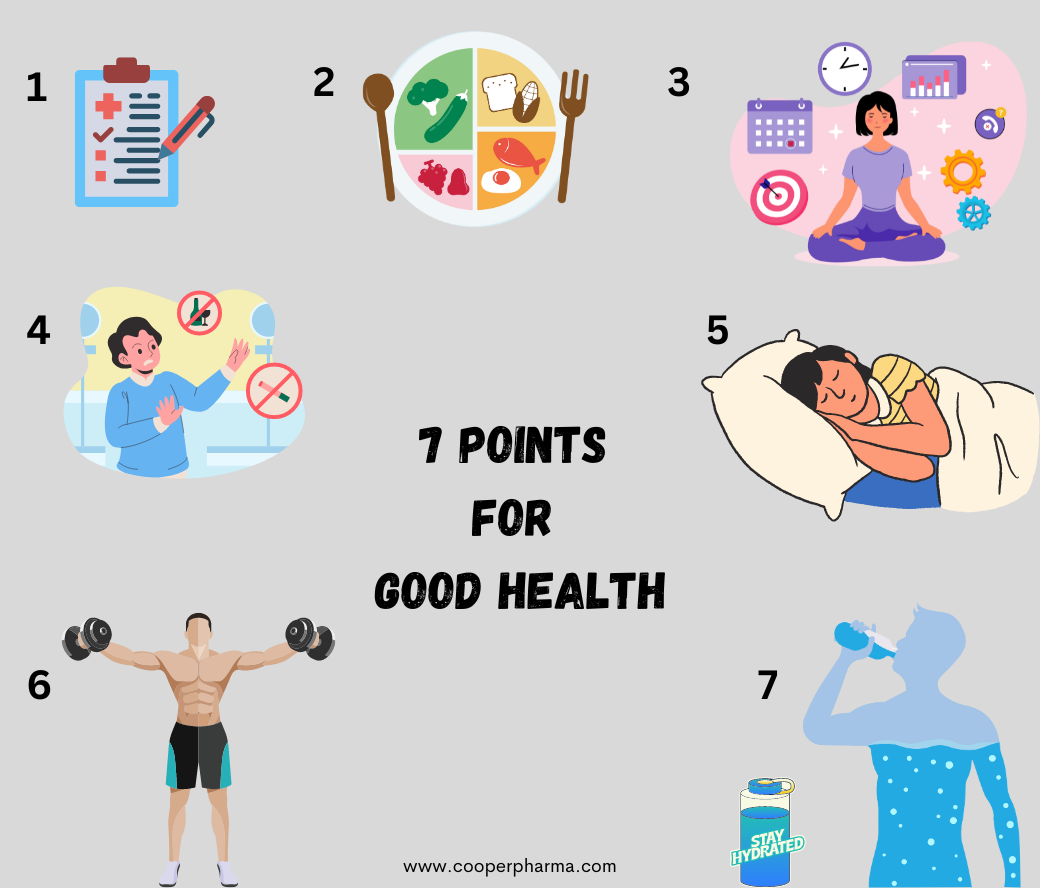






.png)


